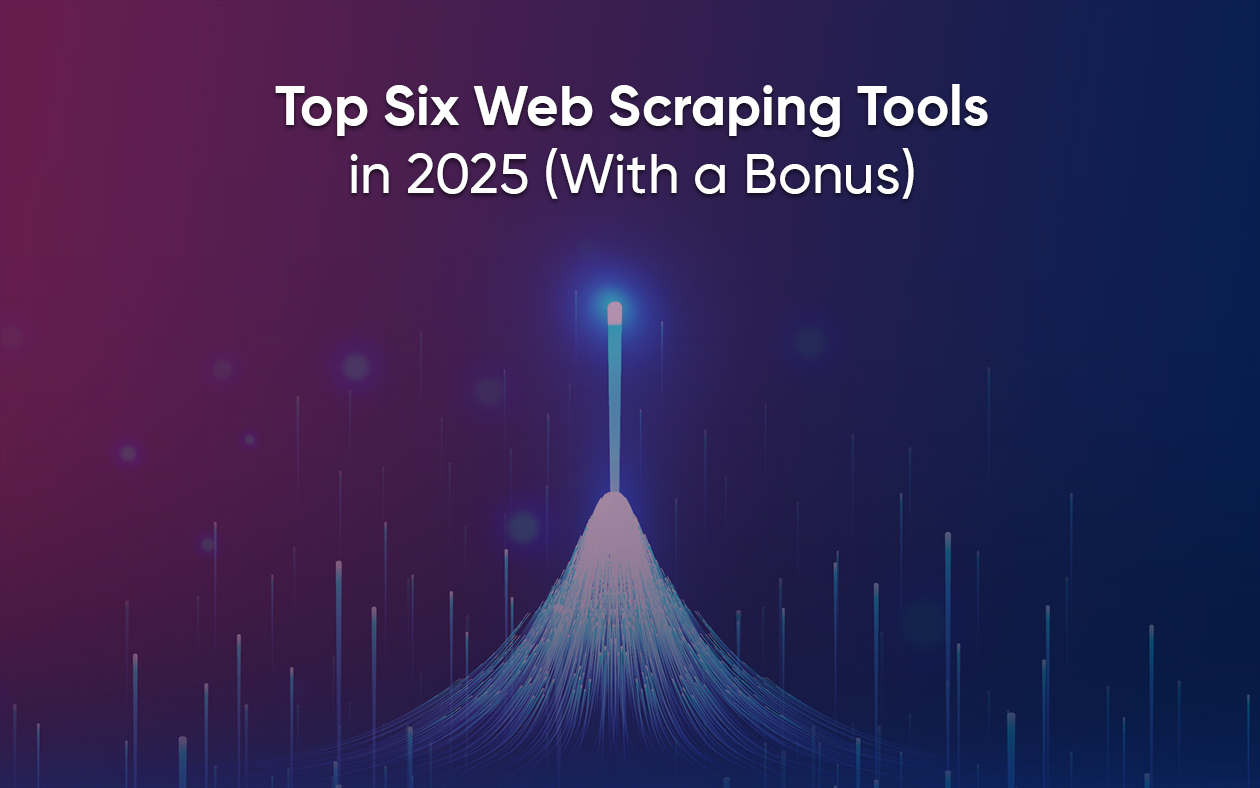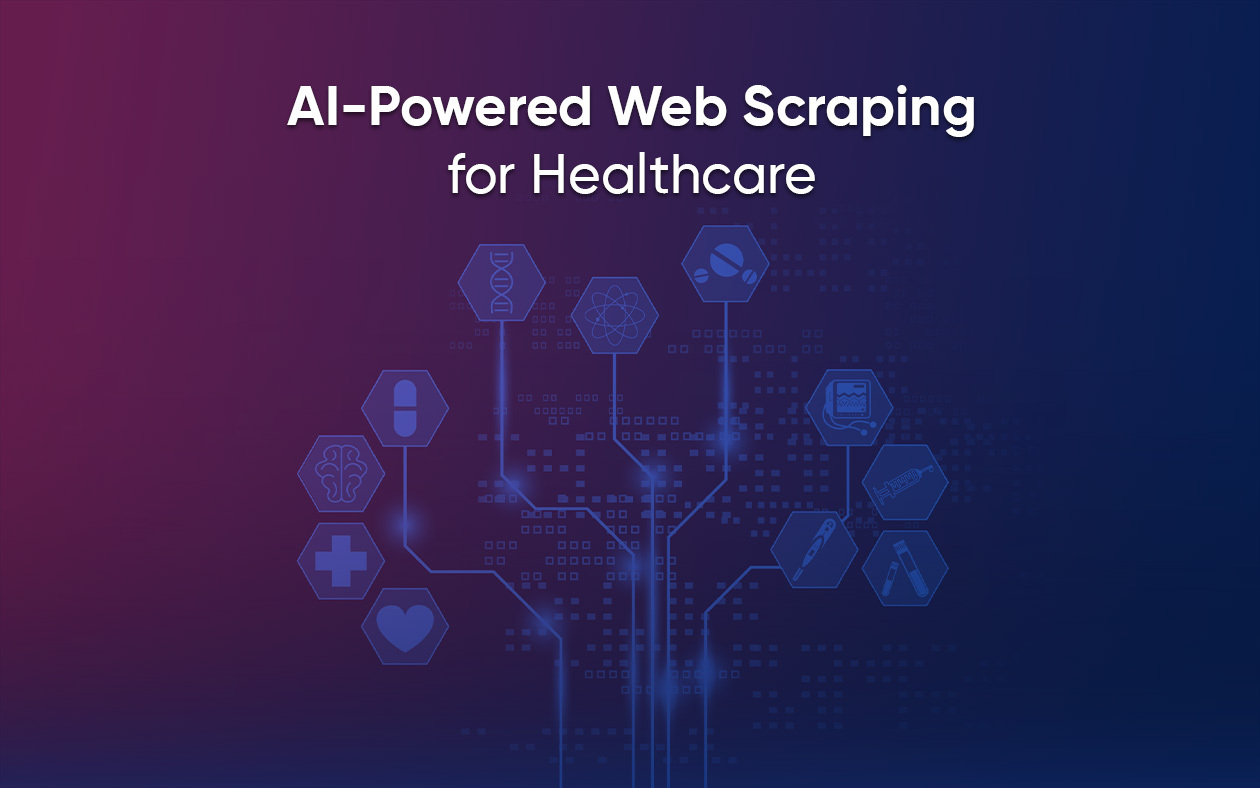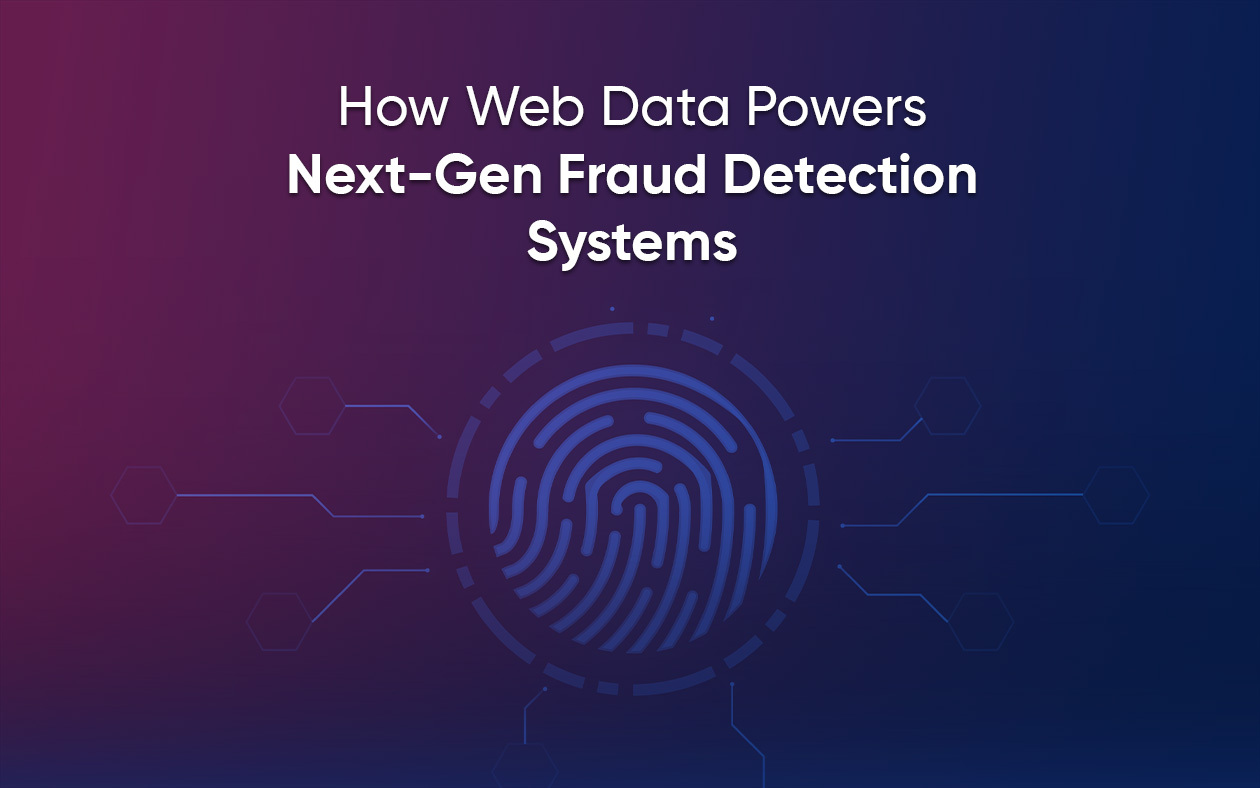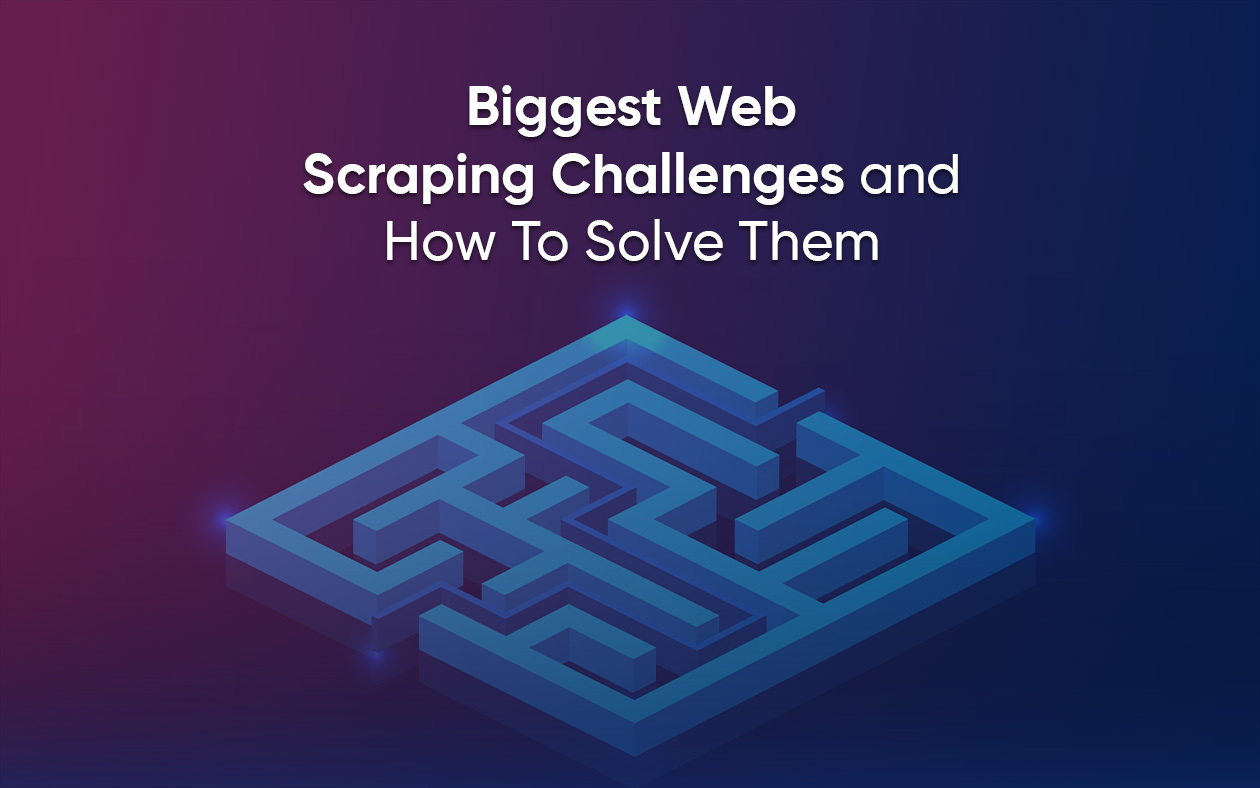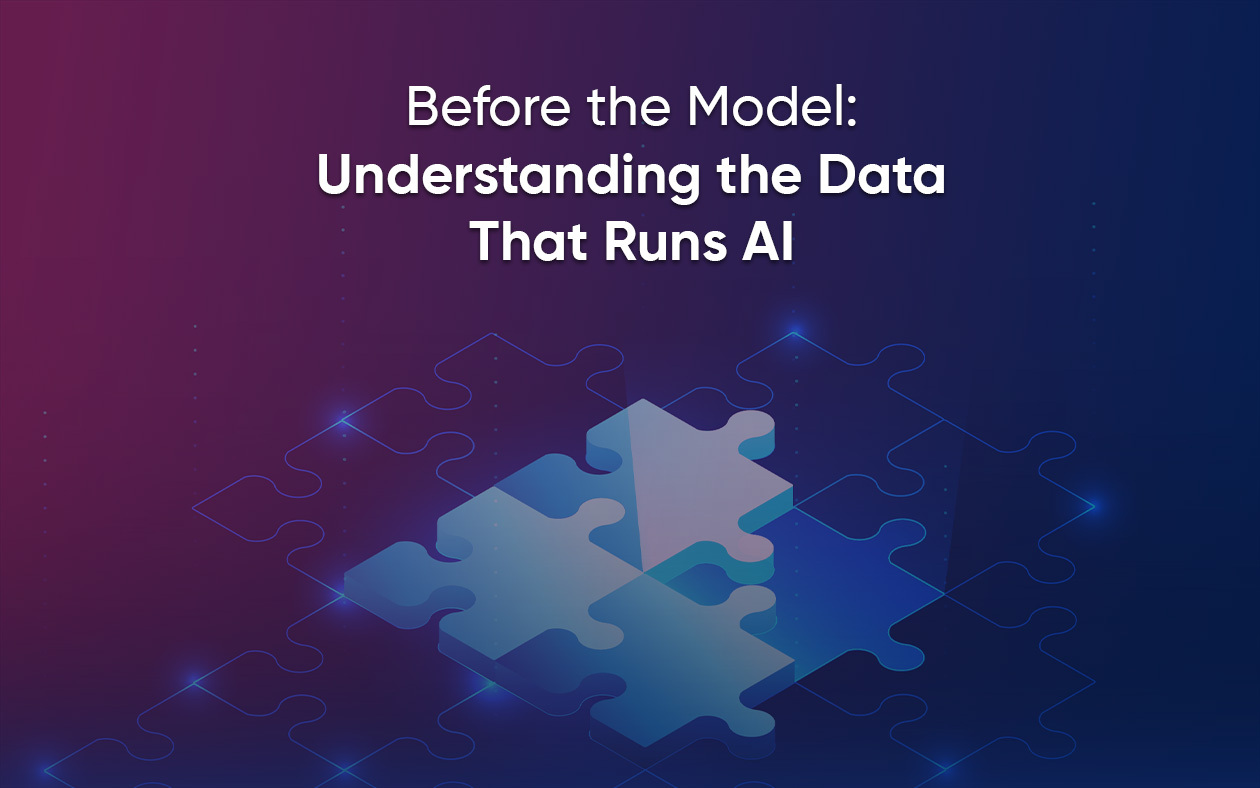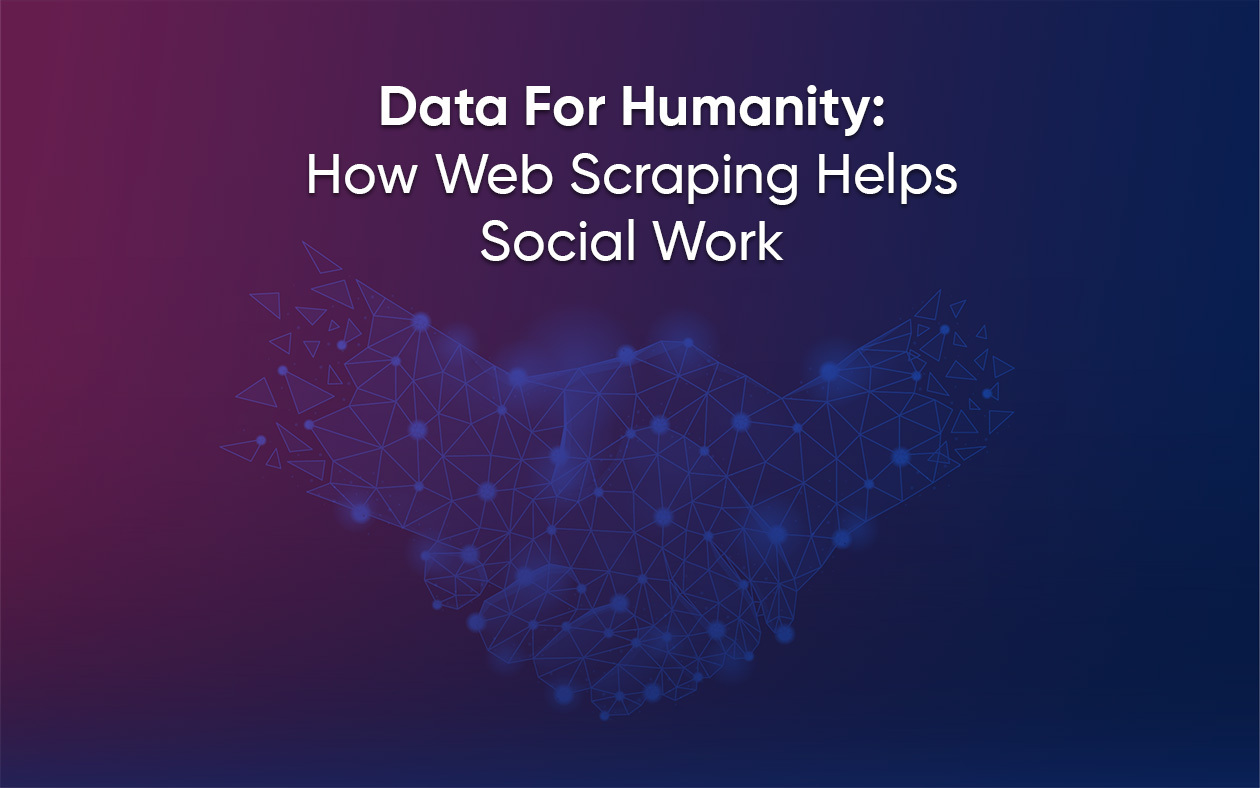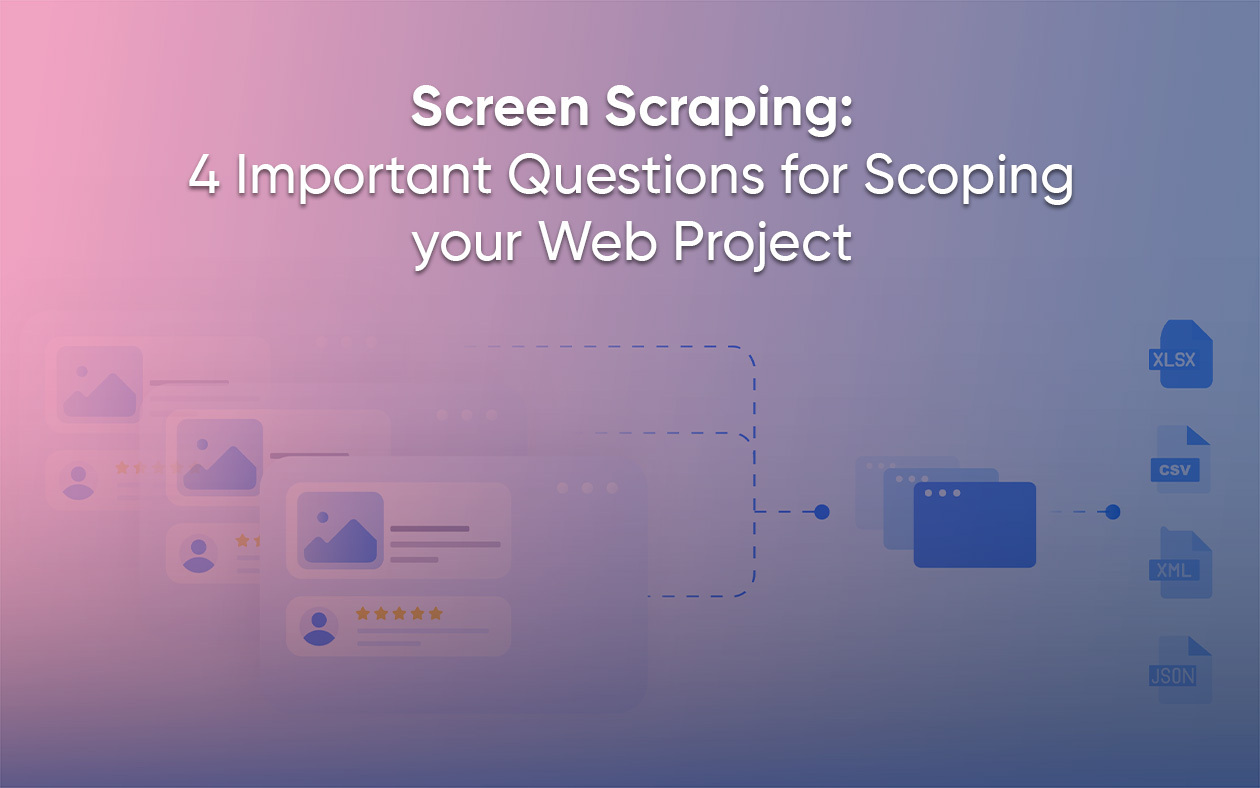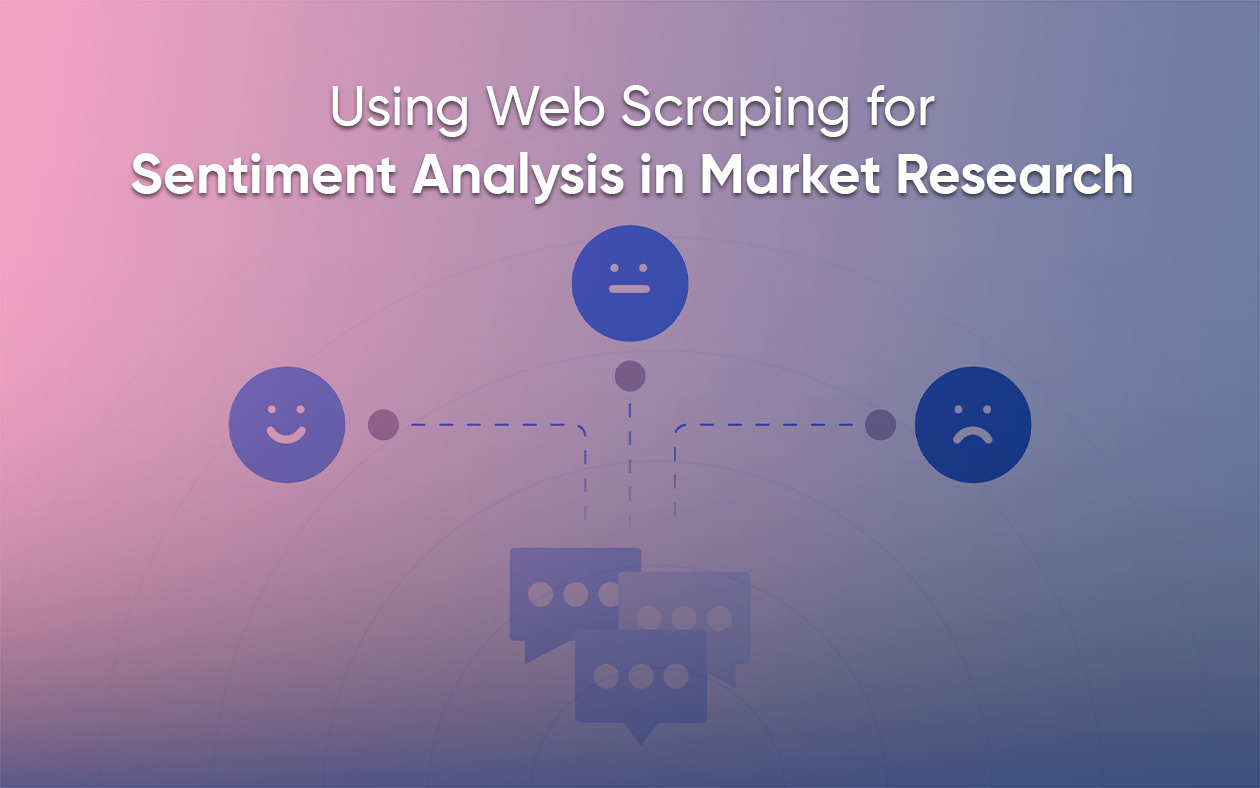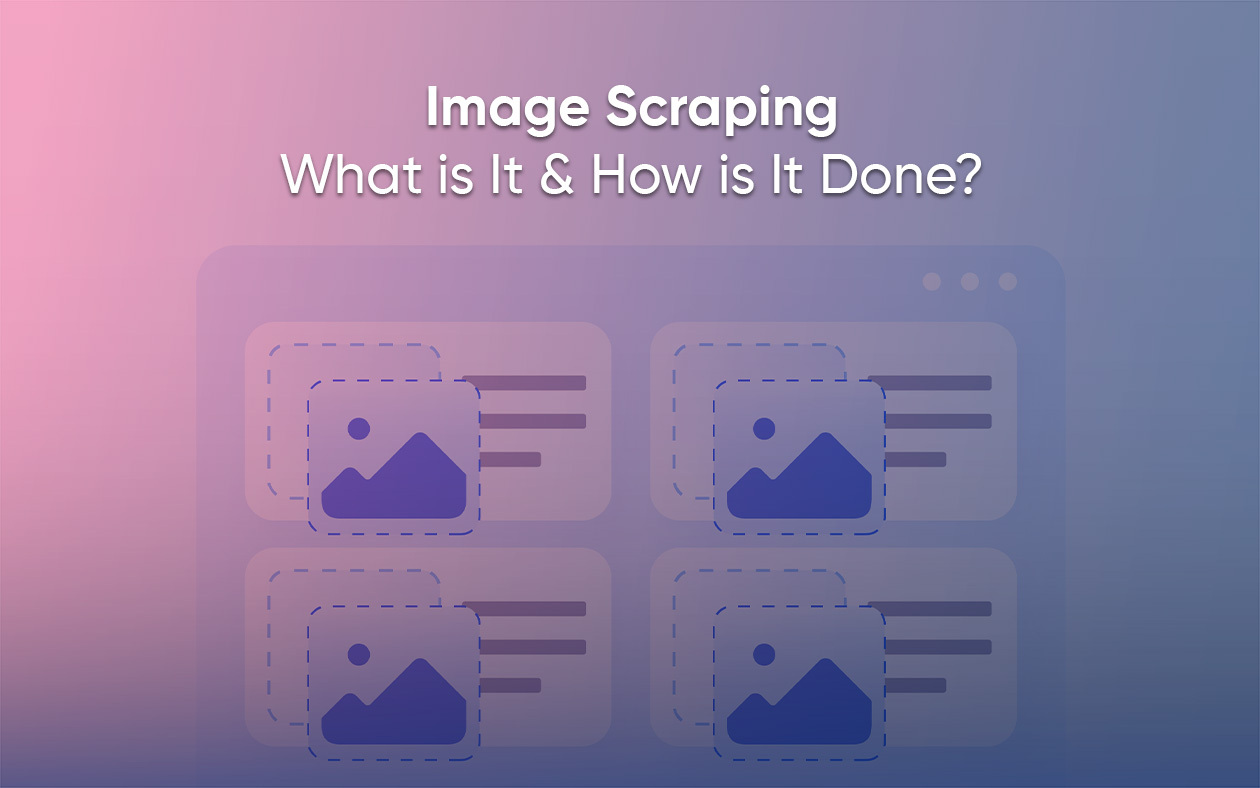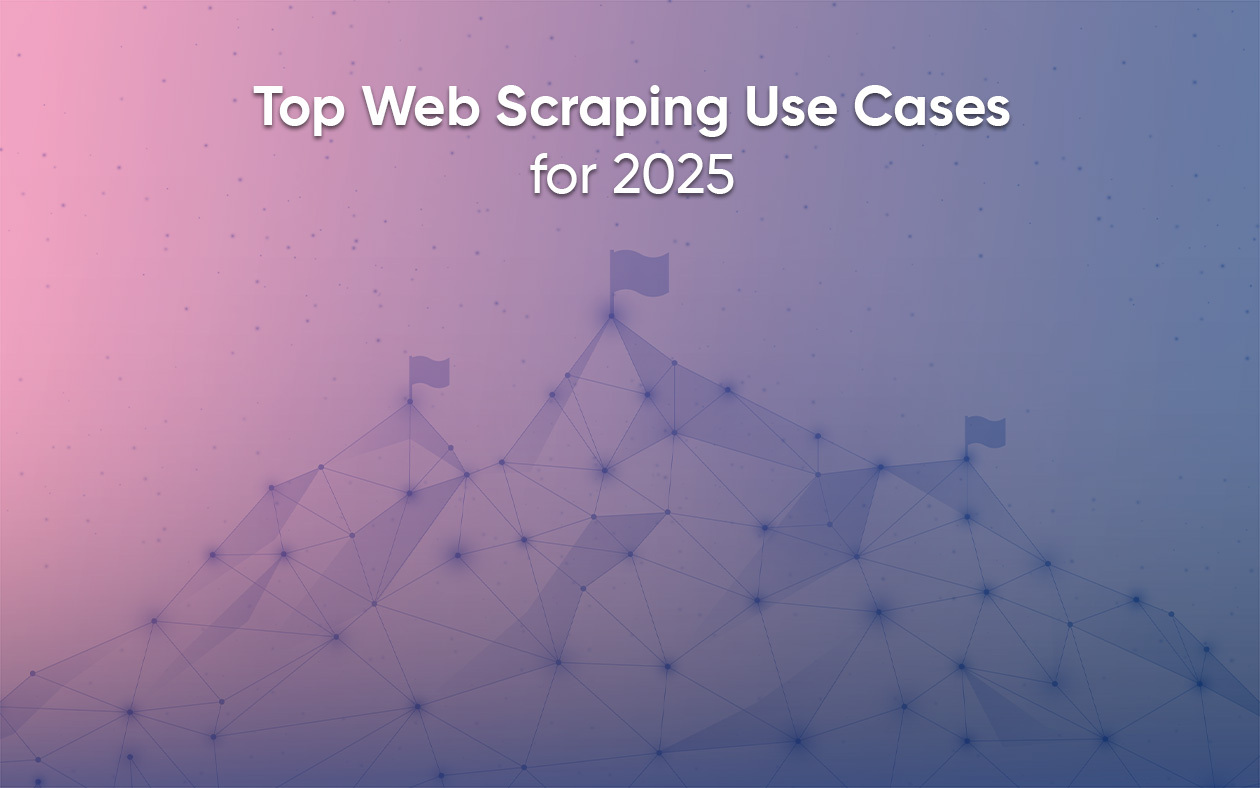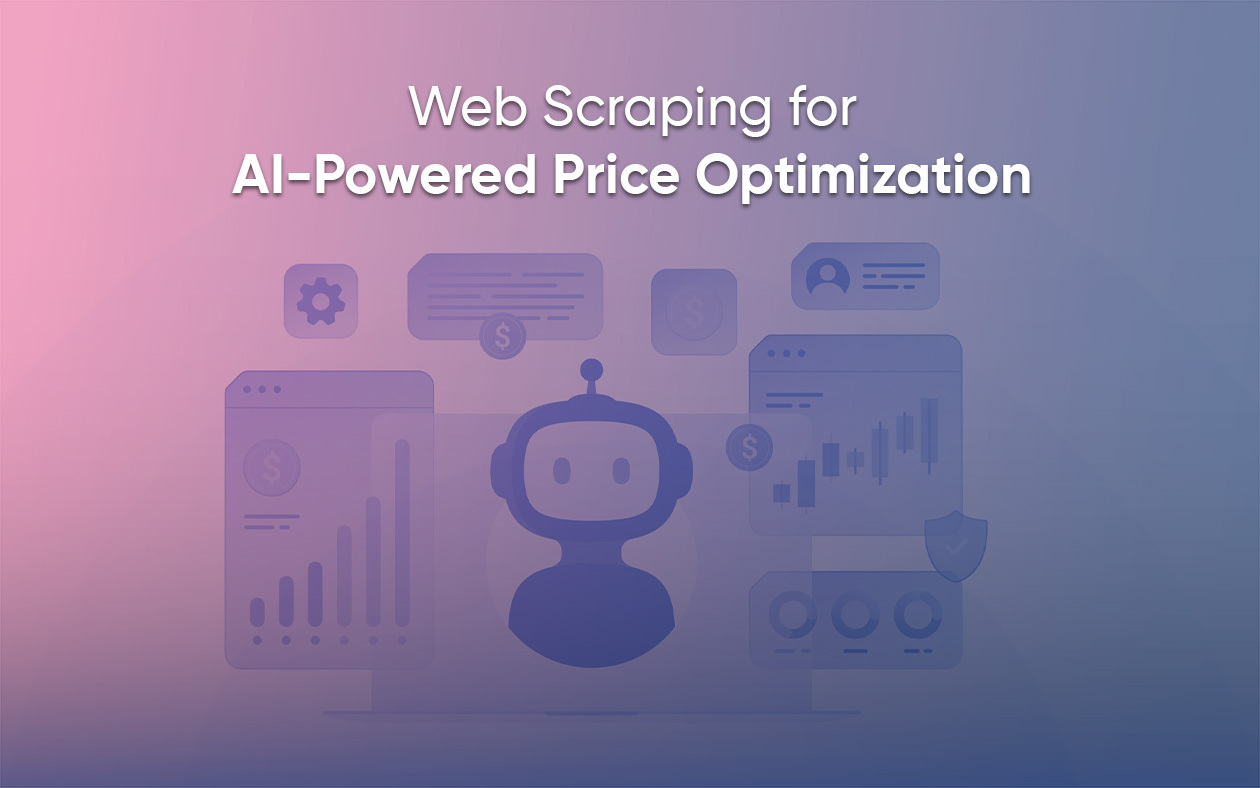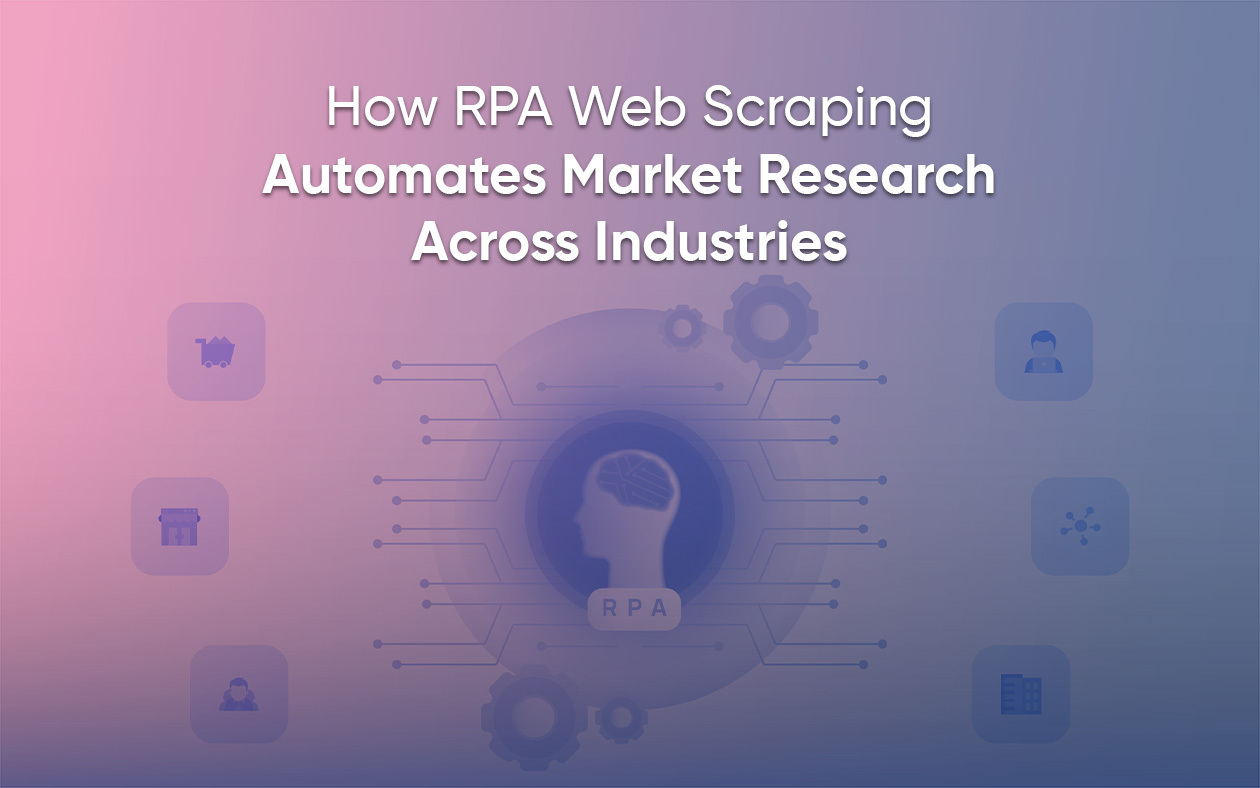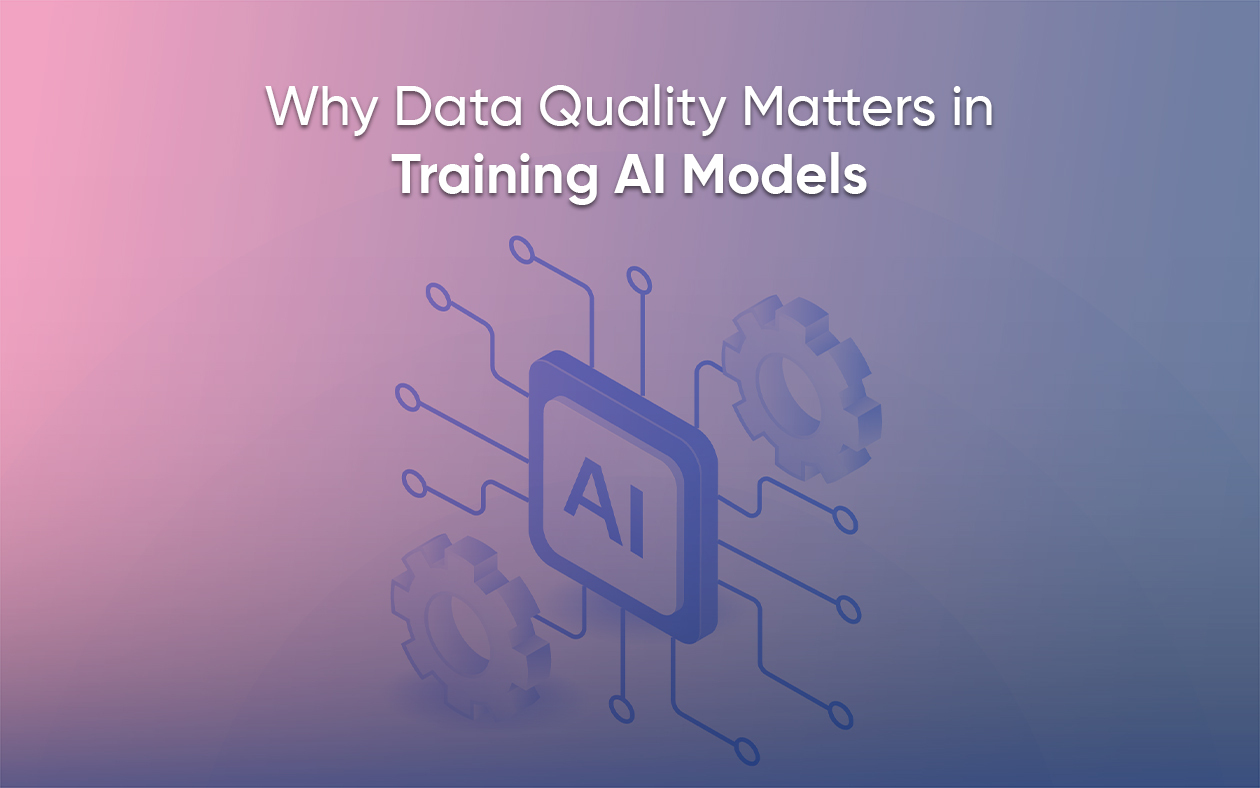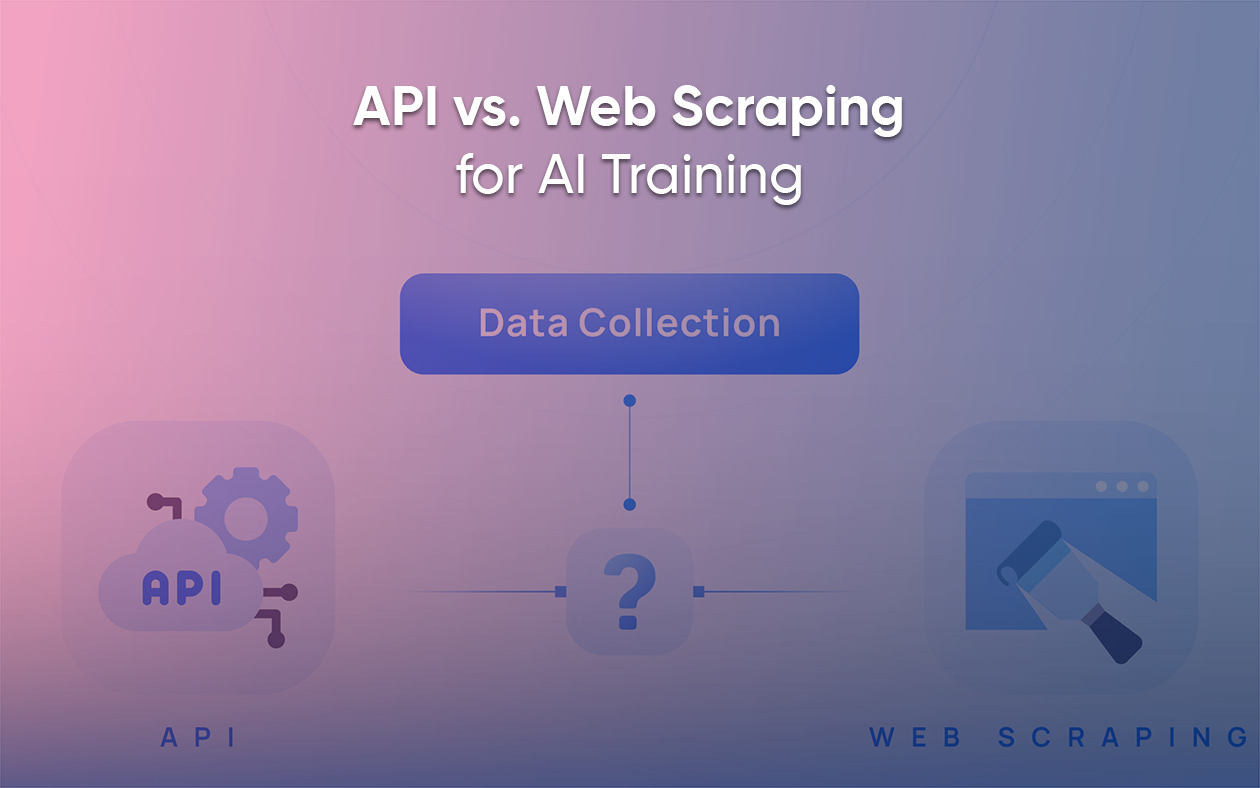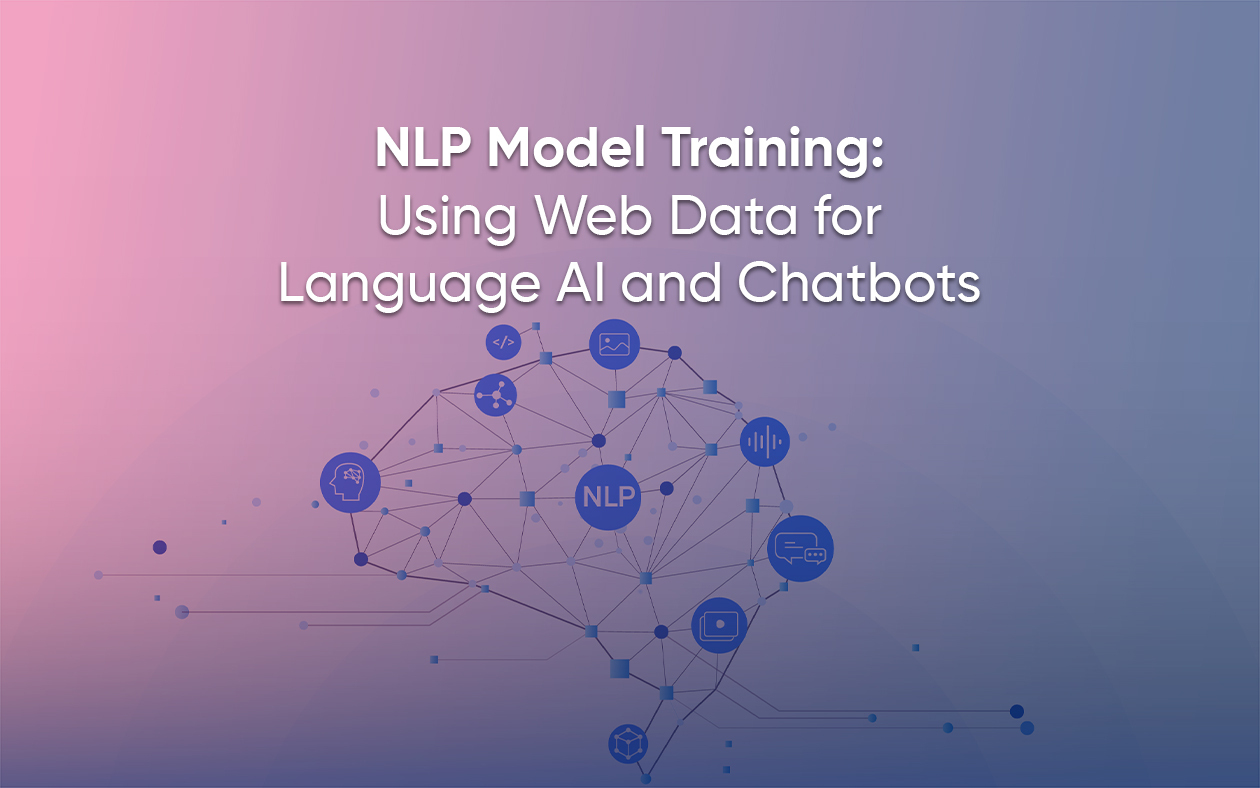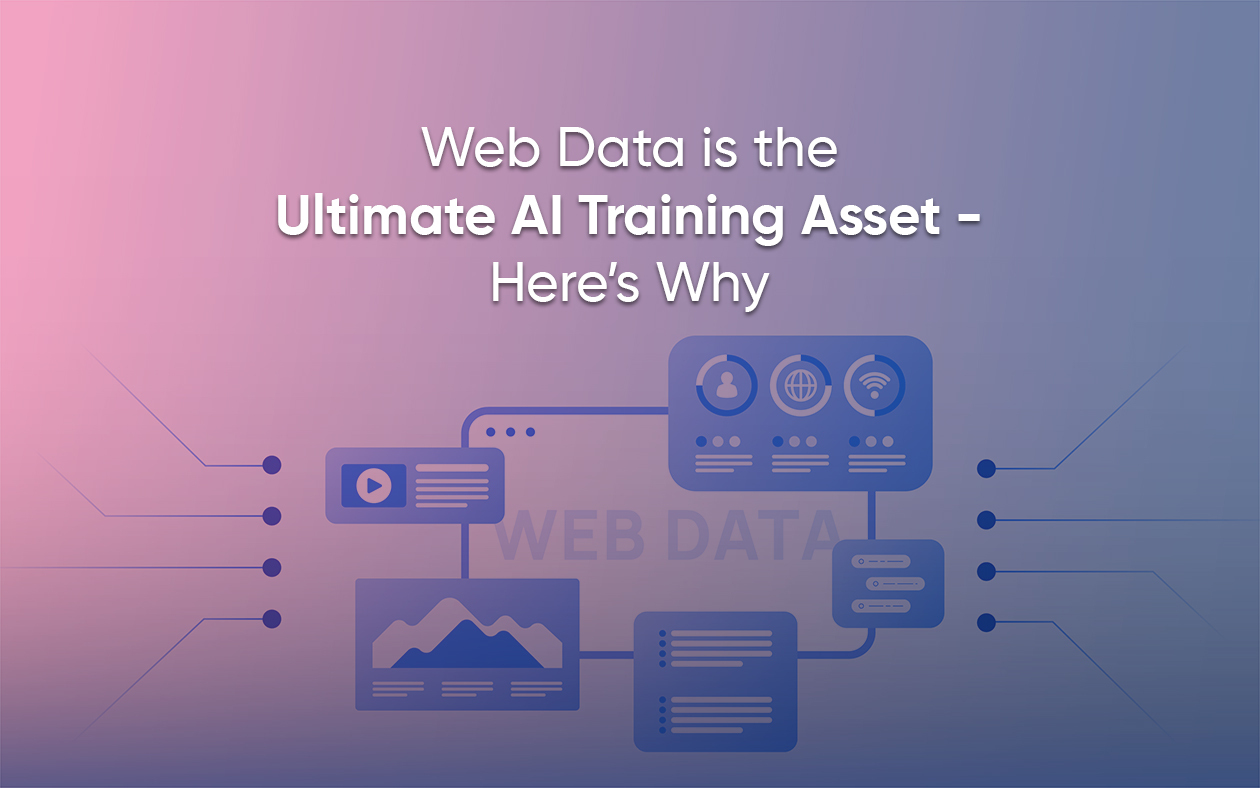
Data scraping is the technological process of extracting available web data in a structured format. More businesses globally are realizing the usefulness and potential of big data, and migrating towards data-driven decision-making. As a result, there’s been a huge rise in demand in recent years for tools and services offering data for businesses via Data scraping and similar techniques.
Alongside its rise in popularity, we’ve also noticed a rise in myths and misconceptions regarding Data scraping and data extraction recently. We’ve taken a look at some of these myths (listed below) and tried to separate fact from fiction with the help of logical reasoning and some examples specific to our use-case here at Grepsr.
Myths that are generally not true:
- Web scraping is illegal
- Any website or data can be scraped
- You need to know how to code
- Scraping and crawling are the same
- Scraping can be used to collect emails
- Web scraping is fully automated
- Scraped datasets are only used for business
Myths that are true — for professionally managed platforms:
- Crawlers are robust, resilient and versatile
- Web scraping is cost-effective and efficient
- Web scraping is fully scalable
- Data extraction generates highly usable data
Some myths are generally false
There are lots of misleading information and myths about data scraping that are simply not true. We’ve tried to address some of those misunderstandings below.
Data scraping is illegal
Probably the most common misconception about web scraping or data extraction is that it is illegal, which is completely wrong. It is a perfectly valid, useful and powerful technology that has the potential for a lot of good. Your favorite search engines are all scrapers that crawl websites that don’t use robots.txt to block crawlers.

Issues and questions about the legality of web scraping arise with how people choose to use the resulting data. Each website has its own set of rules, or Terms of Service, that one needs to be familiar with beforehand and obey during the extraction process. Having said that, ever since the HiQ vs LinkedIn case, any web data that is accessible without authentication, or login, is free for scraping purposes without any legal implications.
There’s also an ethical side to web scraping. If, say, you scraped some data that was not publicly available — you had to either pay for it or log in to access the pages — and you went ahead and republished it on to a public platform, then that would simply be unethical and could easily land you in legal hot water.
Verdict: Not illegal in most cases, but there’s also an ethical side.
Any website or data can be scraped
In terms of data scraping and the world-wide-web, the world is not your oyster. In addition to the legalities and ethics of web scraping, there are numerous limitations and challenges associated with it. A website may seem good and easy to scrape, but if it prohibits scraping or contains copyrighted data, then there’s nothing you can do with the data you spent time and effort extracting.
In some cases, websites also pose various obstacles to crawlers even while collecting publicly available information. Gathering data from such websites requires an additional level of expertise, time and effort.
A similar misconception is that crawlers can crawl the entire web. Since each website is unique in design and structure, it is important to understand that a crawler is set up to work only on a specific website with a specific structure and layout. In that sense, data scraping is also not versatile. You can’t expect an Amazon crawler to work on eBay just because they’re both ecommerce websites in the same way that a neurologist can’t treat your diabetes just because they’re a doctor.
Verdict: Not true. A scraper’s scope is limited to the website structure it has been coded for.
You need to know how to code
There are many tools and services these days that are devoted to web scraping and data extraction. You don’t need to be a programmer at all if you need to scrape a website. Just a cursory Google search will list a whole host of services and software that can get you the data based on your requirements.
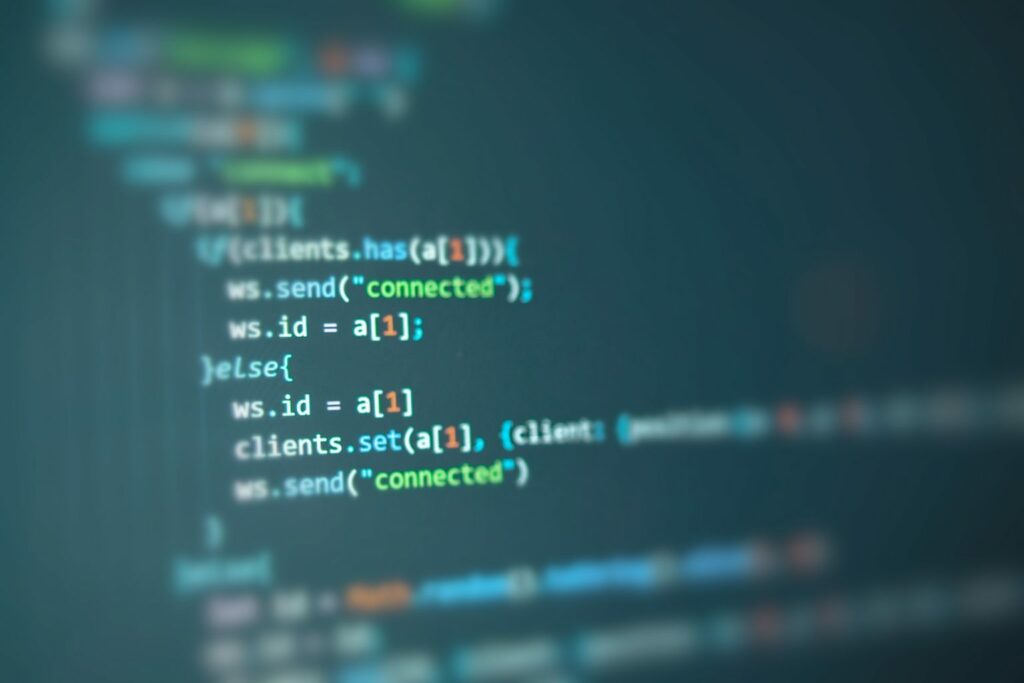
Since tools and software are pre-programmed to work off-the-box on specific websites, they may not be the best fit if your requirements are constantly evolving and customized. In those cases, the perfect solution would be a service like Grepsr that delivers quality web data based on your specific needs, where crawlers are set up and monitored by experienced engineers.
Verdict: Not true. There are many solutions specializing in data extraction which can do the job for you.

Scraping and crawling are the same
This is a major misconception about data scraping or web data extraction. Although most people use the terms web scraping and web crawling interchangeably, they are very different in their underlying technology and processes. Data scraping is an automated way of collecting specific data points from websites via tools or services. Scrapers mimic human behavior on websites to extract these data fields, which are for analysis and decision-making in later stages.
On the other hand, web crawling uses bots or crawlers to index generic website data.
Search engines like Google and Bing use crawler bots to extract general data points (page titles, page snippets, URL paths, etc.) to display in search results.
Verdict: Not true. The key difference is in the technology they use.
Scraping can be used to collect emails
Another common misconception is that web scraping can be used to gather email addresses for lead generation. While this is true in theory, it is generally useless in action.
Since it is widely considered unethical to use web scraping to collect personal information, any list of public emails that you might acquire is probably not going to be useful for marketing purposes. The owners often abandon these emails, and the few that are still active already get more than enough promotional emails, thereby rendering your marketing efforts futile.
Verdict: Not true in most cases. For the rest, not worth the hassle.
Data scraping is fully automated
Most people think web scraping is fully automated since it uses scraper bots, but that isn’t entirely true. Yes, after the initial setup, most processes run automatically as per design. However, human intervention is still necessary as there are various complexities along the way. So full automation is one of the popular myths about data scraping.
Specialists regularly need to monitor the source websites for structural changes and account for those through fixes and code modifications. This is why delegating the data sourcing responsibilities to a professional service, like Grepsr, is convenient to most businesses. We monitor our crawlers regularly and make fixes as soon as we get alerts of any issues or faulty datasets.
Verdict: Not true. Scrapers need human involvement at various times even after setup.

Scraped datasets are only useful for businesses
Empowered by up-to-date and high-quality data, businesses are able to get meaningful insights about themselves. As well as their competitors, and the market, which gives them a great competitive advantage. But thinking that web scraping only helps businesses with their growth is greatly underestimating its value and worth to other industries.

In industries like education, journalism and finance, web scraping is an important tool for research. Researchers and students can give more time to analyses and problem solving rather than having to worry about information sourcing. Similarly, data scraping helps journalists gather up-to-date and reliable information on current events. Likewise, stock marketers and investors stand to gain or lose a lot. This depends on how fresh and substantial their financial data is.
Verdict: Not true. Other industries can also benefit from web scraping.
Some myths are truer than others
There are numerous myths and misconceptions about web scraping that are quite simply not true. But there are also some myths that hold some truth, at least for professional services, like Grepsr. We’ve discussed a few of those below.
Scraper bots are robust and resilient
When you get down to the basics of a website’s design, they’re nothing but blocks of code. Scrapers are coded to look for fixed patterns in this code to extract specific data points. So if a website changes its pattern, the scraper would be unable to find the data points in the same locations, resulting in loss of data. This is why web scrapers need regular monitoring and therefore aren’t resilient.
However, if experienced engineers code the same scrapers, like at Grepsr, they are more robust with a lot less need for regular maintenance since we monitor and track any changes to any of our source websites.
Verdict: True if set up by experienced engineers and specialists.
Data scraping is cost-effective and efficient
When businesses depend on large volumes of data to fuel their growth, the best way forward is to partner with a professional solution. As significant human, financial and technological investment is required with no guarantees over data quality, in-house teams struggle with large data requirements.
Partnering with a specialized solution, like Grepsr, lessens the burdens of in-house data teams. It saves businesses considerable time and money which they can utilize on other aspects to drive growth.
Verdict: True. Achievable by partnering with a specialized service.
Data scraping is fully scalable
At Grepsr, data acquisition is our primary focus — we have a large team dedicated to providing our customers the highest quality data. Our experienced team of engineers know the proper ways to access and extract web data, and at a scale that homegrown solutions and in-house teams can hardly match.
We design our scrapers and crawlers in such a way that they can be easily and efficiently expanded based on customers’ needs and requirements.
Verdict: True. We set up our scrapers with enough foresight to scale accordingly with future requirements.
Data extraction generates highly usable data
We manually code our web crawlers to extract data points depending on our customers’ custom requirements, and the data we collect is highly specific.
We have several back-end processes and algorithms to ensure that our datasets are of the highest standard. Then, we directly align these datasets with our clients’ workflows to extract valuable actionable insights and enhance performance and growth.
Verdict: True. Our datasets go through several QA protocols to ensure they’re immediately actionable.
Conclusion
Since data scraping is such a powerful tool with the potential to be a force for global good, there’s bound to be misleading information. So there are many myths about data scraping.
Therefore, it is important to understand its value, clear any misconceptions, and embrace it as an opportunity generator and a catalyst of growth for your business.
Related read:

About Grepsr
Grepsr is a data acquisition platform with 10+ years of experience in specializing in the extraction of web data, at scale. Get in touch with your requirements, and we’re sure we can work out a solution for you.








